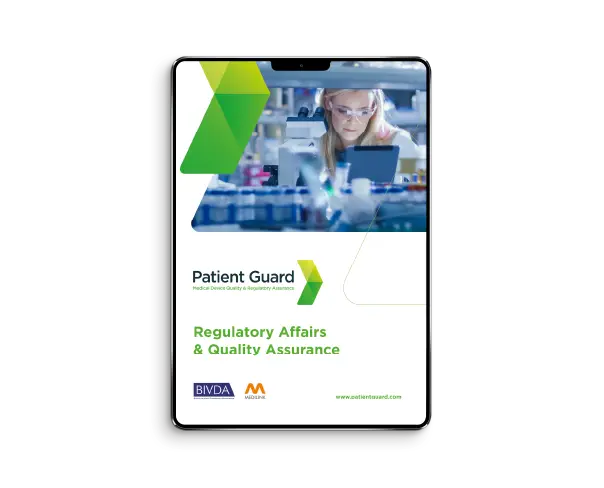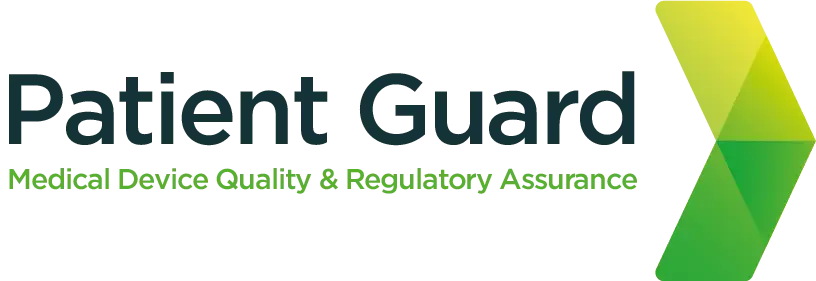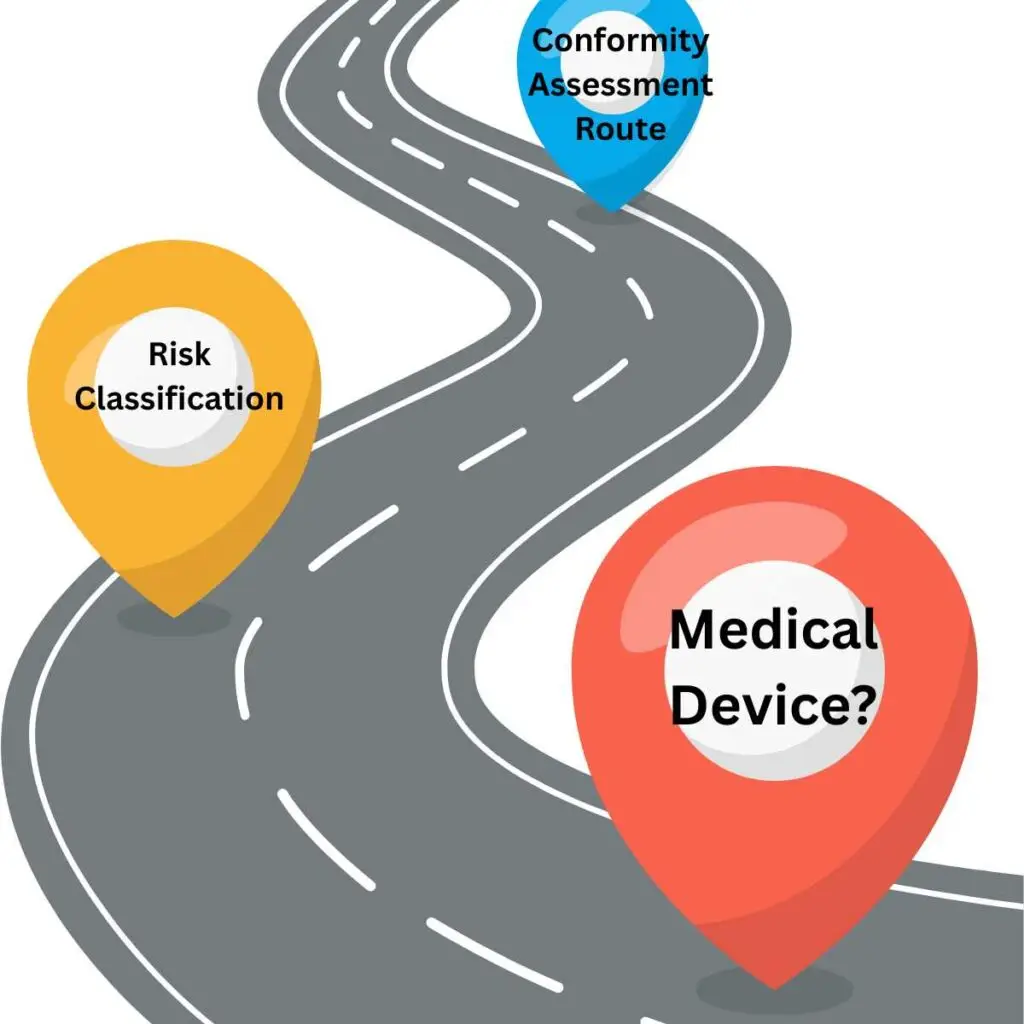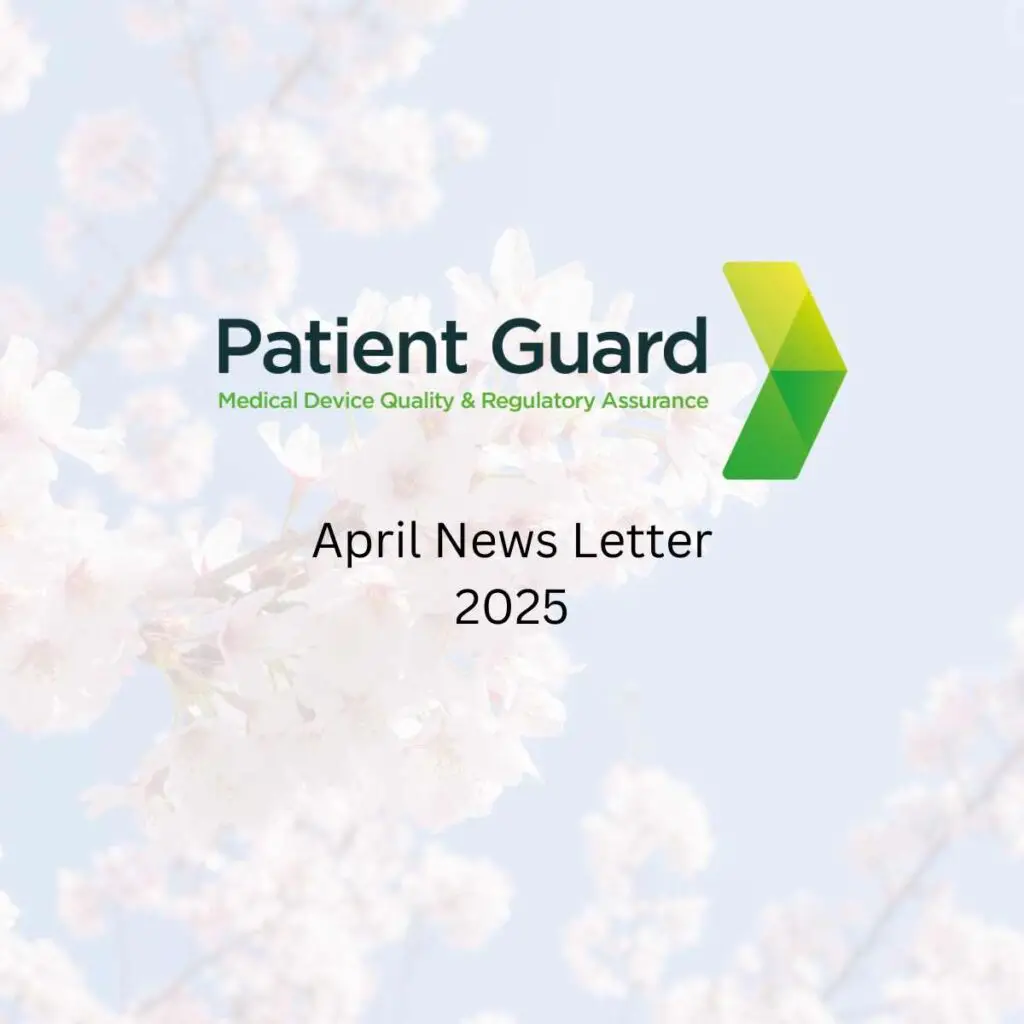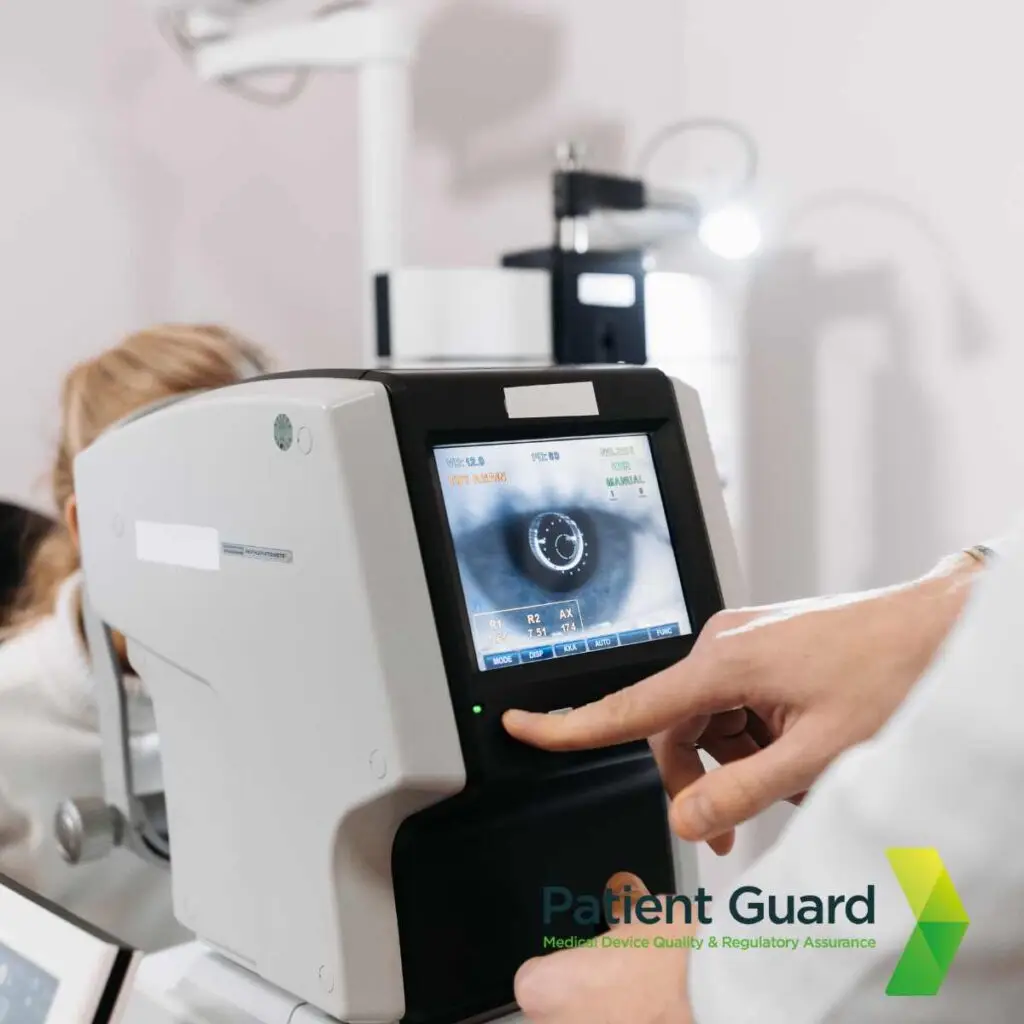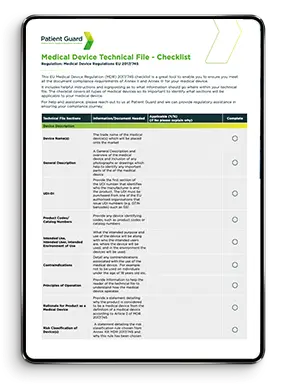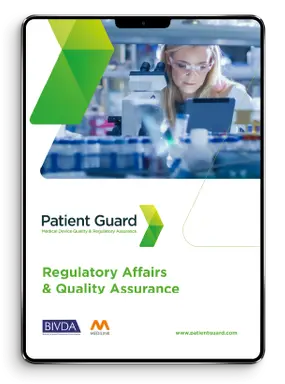Home » Blogs from Patient Guard
Blogs
Here we provide you with key information related to the Medical Device and In Vitro Diagnostic (IVD) industry through Patient Guard’s blogs. We provide invaluable content that delves into the regulation and Quality Assurance of Medical Device and IVDs, with focus on navigating the regulatory landscapes of the United Kingdom (UK), the European Union (EU), and the United States (US).
At Patient Guard, we are not just a source of information; we are your ultimate partner in understanding and maneuvering through the complexities of Medical Device and IVD regulatory requirements, as well as Quality Assurance. Our blogs serve as a beacon, illuminating the latest updates and insights crucial for professionals and organizations operating in these highly regulated sectors.
Patient Guard is not just a repository of information; we are your ally in navigating the ever-evolving landscape of Medical Device and IVD regulations. Join us on this educational journey, where compliance meets excellence.

Categories
Bringing a medical device to market in the European Union is a complex process. With the implementation of the EU Medical Device Regulation (MDR) 2017/745, manufacturers must follow a detailed regulatory roadmap to achieve CE marking and ensure continued compliance....
companies operating in regulated sectors such as medical devices, healthcare, and life sciences, protecting sensitive information—whether patient data, design documents, or clinical trial results—is not only critical for business continuity but also required under stringent regulatory obligations. This is where ISO/IEC 27001, the international standard for Information Security Management Systems (ISMS), comes into play....
Ensuring safety and efficacy is paramount for medical devices. Manufacturers aiming to market their products within the European Union must navigate a complex regulatory landscape. One of the most critical aspects of this process is obtaining CE marking—a declaration that a product complies with all relevant EU legislation. Central to this pathway is the involvement of Notified Bodies (NBs)....
Welcome to our April 2025 news letter, here we share the latest medical device regulatory news from the EU, UK and the USA as well as updated or new medical device standards that have been issued....
Medical device manufacturers aiming to market their products in the European Union must navigate a complex regulatory landscape. At the heart of this framework is the EU Medical Device Regulation (MDR) 2017/745, which replaced the Medical Device Directive (MDD). One of the most critical components of this regulation is the General Safety and Performance Requirements (GSPRs), outlined in Annex I of the MDR....
Navigating the complex landscape of medical device regulations in the European Union can be a daunting task. If you’re planning to bring a medical device to the EU market, compliance with the EU Medical Device Regulation (MDR) 2017/745 is not optional — it’s essential....
